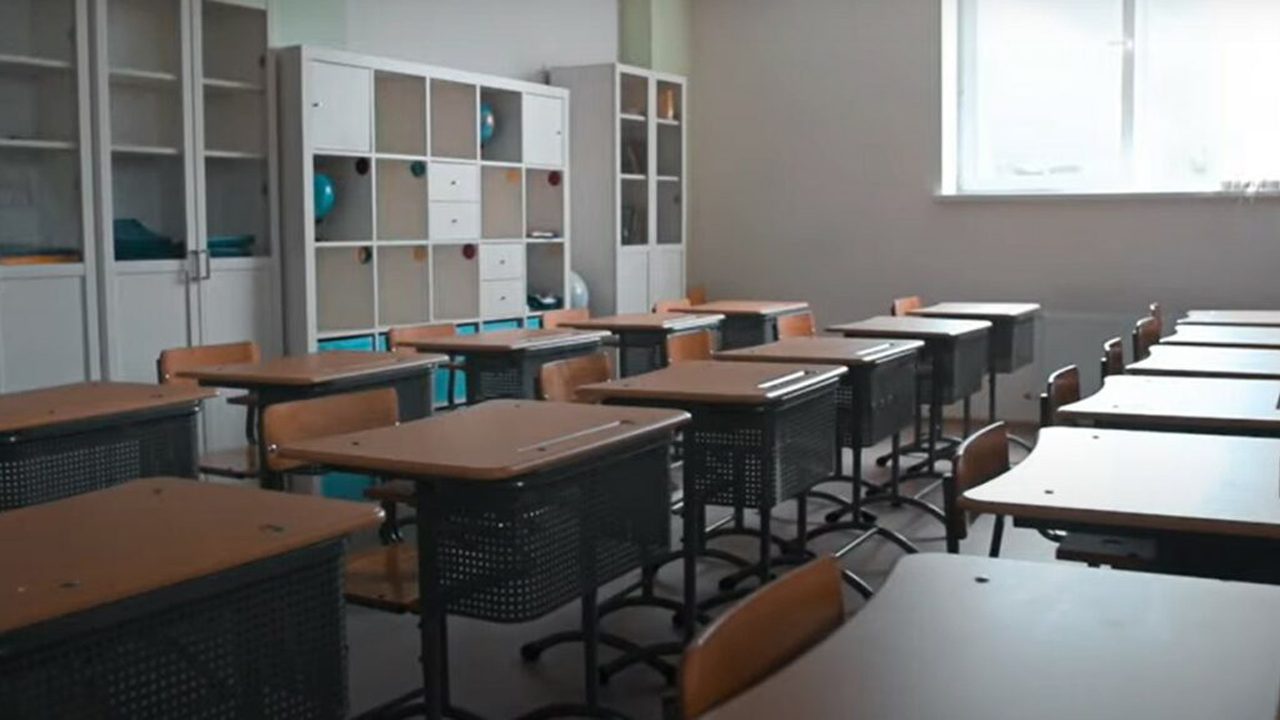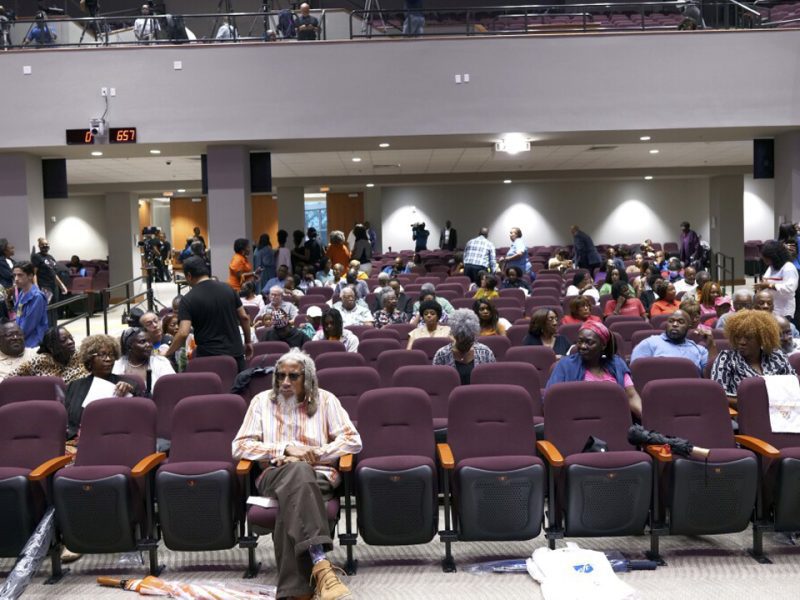Gov. DeSantis signs bills limiting School Board terms, chipping away at teachers unions
Florida Politics | By Anne Geggis | May 9, 2023
The Governor highlighted new rights for teachers while signing legislation the unions fought.
The Governor signed a slew of bills likely to shake up public education’s status quo, with new limits on School Board terms, the end of automatically deducting union dues from paychecks and a block on students using social media via school Wi-Fi.
Gov. Ron DeSantis appeared at a Miami charter school, True North Classical Academy, with a full complement of legislators highlighting the education legislation that moved across the finish line during the Session that wrapped Friday. He also signed a bill that will create new pathways to become a certified Florida teacher.
“I think we’re leading the way when it comes to teacher empowerment,” DeSantis said, noting record pay increases for teachers and legislation (dubbed the “teachers’ bill of rights”) that will allow teachers following state law to go around “rogue” School Board members or administrators directly to the state.
The legislation (HB 477) limiting School Board members to eight years of service comes one year after the Legislature passed legislation limiting School Board terms to 12 years. It’s the first bill the Governor signed out of three passed during this Legislative Session which potentially alter School Board governance.
The Legislature also passed a bill (HB 411) that would loosen residency requirements so that candidates don’t have to be residents of the district they want until assuming office. And another measure (HJR 31) that the Legislature approved, but not needing the Governor’s signature, will ask voters on the November 2024 ballot to approve making School Board races partisan affairs.
Education Commissioner Manny Diaz Jr. was among those in attendance and had high praise for the legislative action.
“I spent 10 years in the Legislature and I don’t think I’ve ever seen this much education policy in one stop,” Diaz said.
On Tuesday, DeSantis also signed HB 256, which he called “paycheck protection,” that will mean teachers, nurses and some other public sector workers will have to write a check to pay their union dues.
Annual renewals would also require unions to name the number of employees eligible for membership and the number of actual members. If a union doesn’t have at least 60% membership, it must reapply for certification. DeSantis said the unions could lose their authority to engage in collective bargaining on behalf of workers.
He excoriated the teacher unions’ role during the COVID-19 outbreak just before signing the bill, which unions fought against.
“The school unions have become very partisan — that’s not what schools are about,” DeSantis said, also raising the “forced masking” of students during the emergency. “What we saw during COVID … they sued me to try to close the schools. And then you saw in other parts of the country, those unions were successful in locking kids out of school not just for weeks, not just for months, but in some cases for a year or more.”
DeSantis also lauded legislation (HB 379) that would likely not win students’ applause. It will mean social media platforms will not be accessible through school Wi-Fi. It also gives teachers the authority to keep phones inaccessible during class time, DeSantis said.
“Let’s have our education system be as much about traditional education as we can,” DeSantis said. “And I think reining in the use of this (cell phone use) or having guidelines as the teachers see fit or the schools see fit, I think is something that’s really important.”
“Put those devices down and live life normally and I think we’re going to be so much better off if we go in that direction,” he added.
DeSantis also signed legislation (SB 1035) that expands the pathway to becoming a teacher. The bill establishes a teacher apprenticeship program whereby those who complete two years of college and achieve a 3.0 grade point average are eligible to begin a paid apprenticeship for two years. The bill also adds new bonuses for first responders and military veterans who want to pursue a teaching career.






